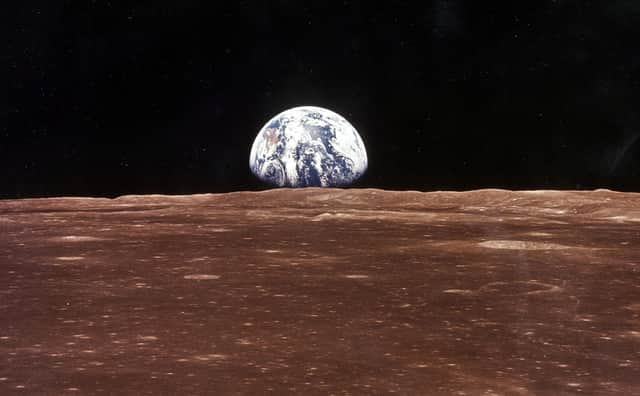The Earth's core is leaking, scientists say


The Earth's core is leaking a rare form of helium, known as helium-3, in volcanic rocks on Canada's Baffin Island. This discovery supports the theory noble gas has been escaping from the Earth's core for over a millennium.
Another type of helium, helium-4, has also been discovered, and whilst helium-4 is common on Earth, helium-3 is common elsewhere in interstellar space - which is why scientists were surprised to have discovered a large amount of this element on Baffin Island, a study in the journal Nature described.
Advertisement
Hide AdAdvertisement
Hide AdLead study author Forrest Horton, associate scientist in the department of geology and geophysics at Woods Hole Oceanographic Institution told CNN in an email: "At the most basic level, there is little 3He (helium-3) in the universe compared to 4He (helium-4), 3He is rare in Earth because it has not been produced in or added to the planet in significant quantities and it is lost to space. As Earth’s rocky portion stirs and convects like hot water on a stove top, material ascends, cools, and sinks. During the cooling stage, helium is lost to the atmosphere and then to space.”
The mix of both isotopes is a sign for geologists that the gas's presence isn't contaminated by the atmosphere, but rather a sign of deeper, more ancient origins, as most of the helium on Earth should have dissipated since the Earth has spat out lava for almost 4.6 billion years. Meaning, that any traces of helium are derived from pockets of mantle that are yet to cough up their helium, or from a slow-leaking reserve.
The discovery supports the theory that our planet originated in a solar nebula - a cloud of gas and dust that likely collapsed due to the shock wave of a nearby supernova - which contained the element.
Horton said: “Our high 3He/4He measurements imply that gases, presumably inherited from the solar nebula during solar system formation, are better preserved in Earth than previously thought."
Comment Guidelines
National World encourages reader discussion on our stories. User feedback, insights and back-and-forth exchanges add a rich layer of context to reporting. Please review our Community Guidelines before commenting.
